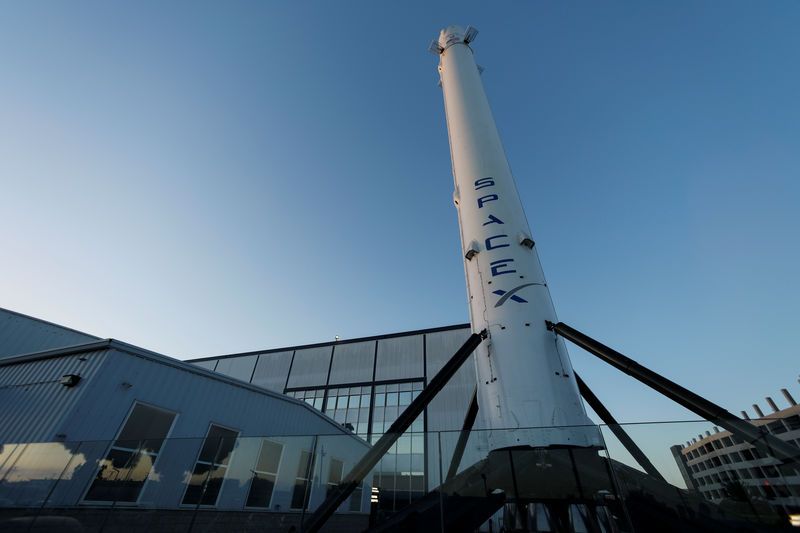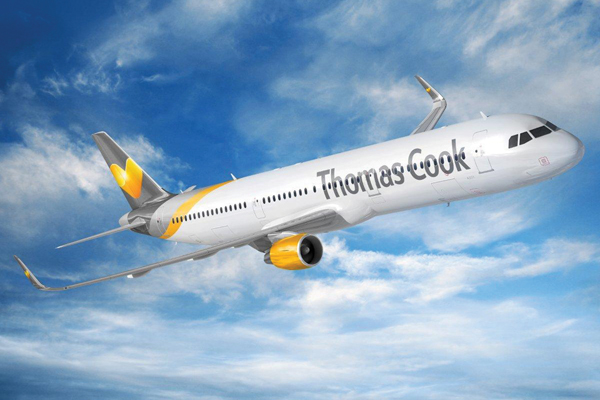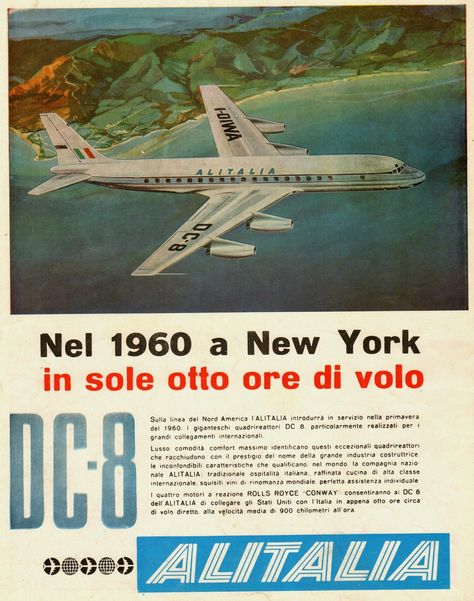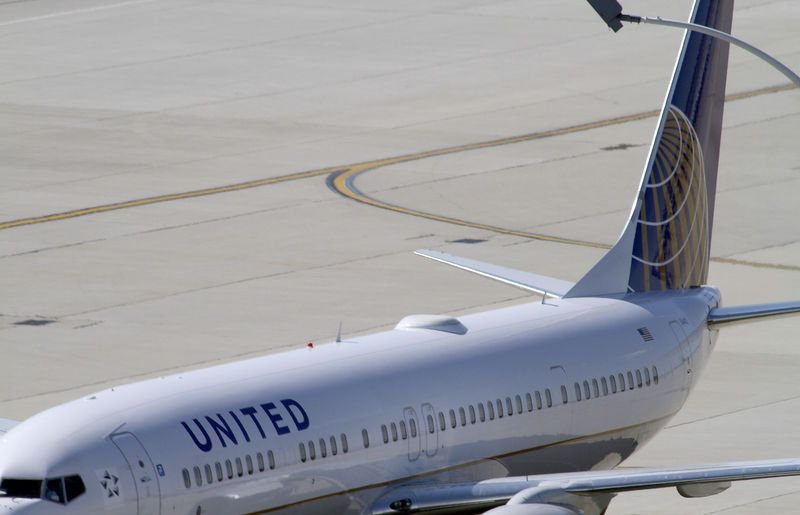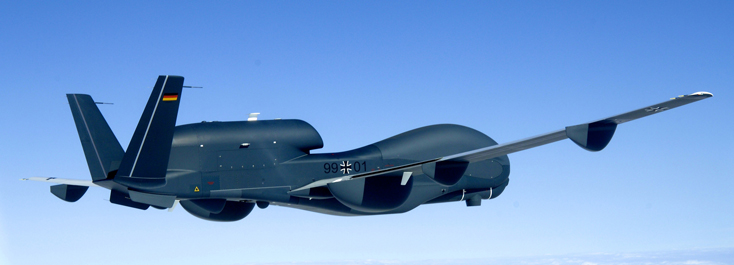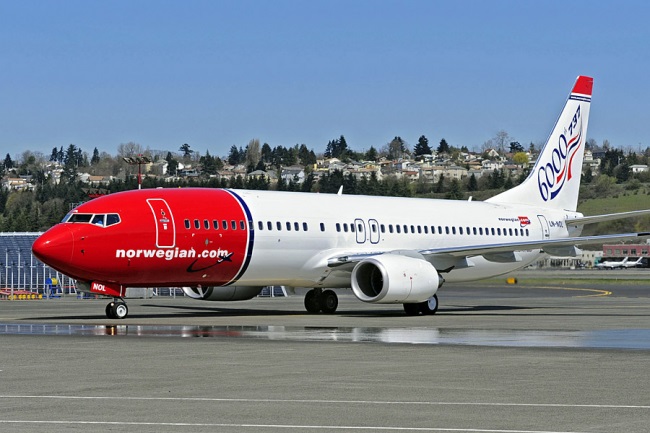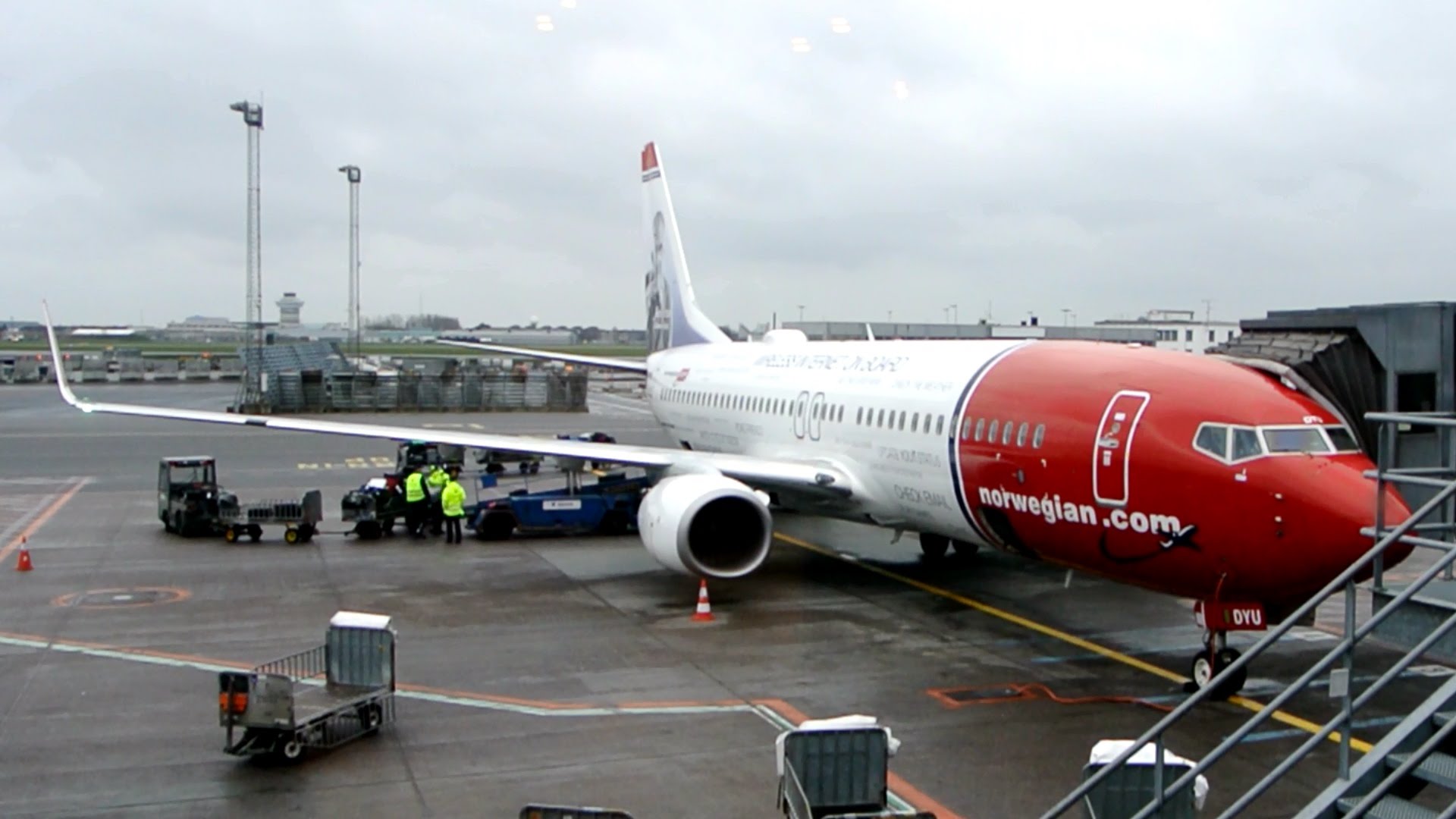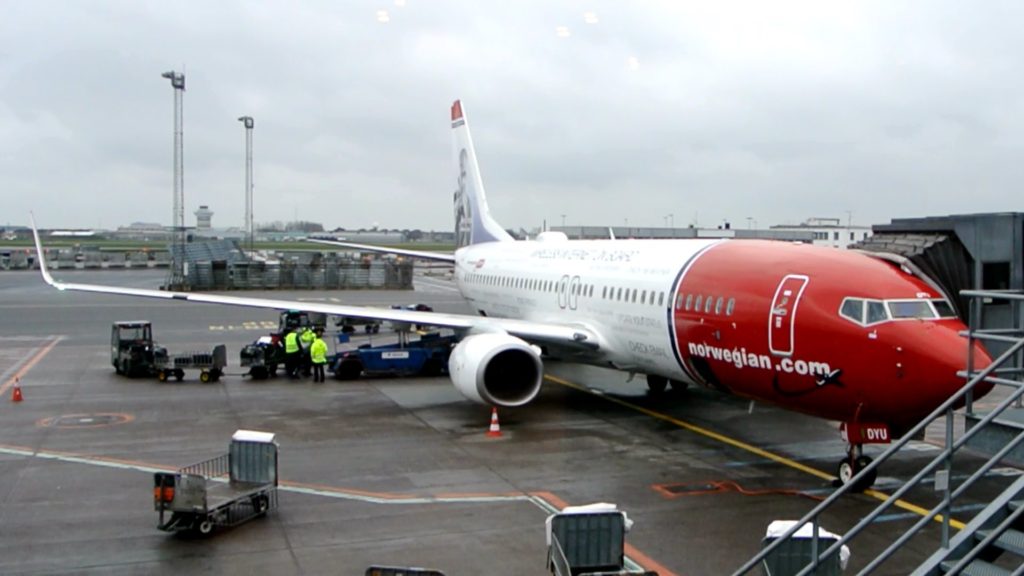
TURIN, Italy (Reuters) – Fiat Chrysler plans to invest 700 million euros ($788 million) in an electric makeover of its iconic Fiat 500, a top executive said on Thursday, as the automaker seeks to move on from its failed bid to merge with France’s Renault.
FCA’s chief operating officer for Europe, Middle East and Africa, Pietro Gorlier, announced the investment – the Italian-American company’s biggest single bet on an electric vehicle – at its Mirafiori plant in Turin, northern Italy.
“The plan is confirmed,” Gorlier told reporters, when asked if FCA’s investment in electric vehicle technology would remain unchanged after its $35 billion plan to merge with Renault, an electric car pioneer, collapsed last month.
He said FCA would invest the 700 million euros to build a new production line at Mirafiori to turn out 80,000 of the new 500 BEV, its first battery electric vehicle to be marketed in Europe after a smaller, initial foray in the United States.
Production will start in the second quarter of 2020, with capacity to be expanded later, Gorlier said.
The 500 compact car is one of the group’s most famous models, launched by then Fiat in the late 1950s and quickly becoming a symbol of Italian urban design.
The 700 million euros investment is part of a plan announced last year to invest 5 billion euros in Italy up to 2021.
In abandoning its merger offer for Renault, FCA blamed French politics for scuttling what would have been a landmark deal to create the world’s third-biggest automaker.
($1 = 0.8878 euros)
(By Giulio Piovaccari; Editing by Mark Bendeich and Mark Potter)

